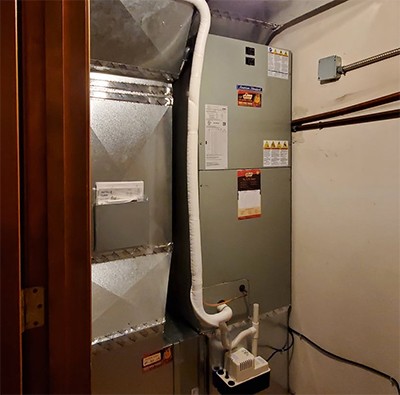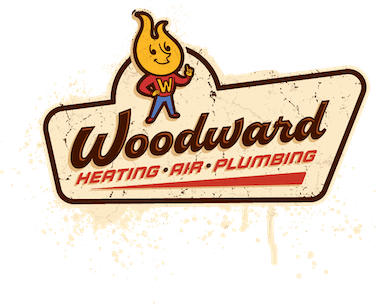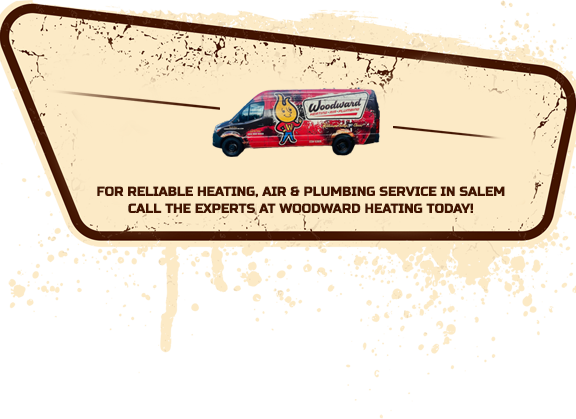
Choosing the right heating system is crucial when it comes to keeping our homes warm and comfortable. Two popular options that often arise in this decision-making process are furnace systems and heat pumps. Both systems have their own advantages and disadvantages, and understanding these can help you make an informed choice that suits your needs and preferences.
Exploring Furnace Systems
Furnace systems have been the go-to choice for heating homes for many decades. These systems burn natural gas, oil, or propane to generate heat, which is distributed throughout the house. The combustion process occurs within the furnace, pushing the heated air through ductwork and vents to warm the indoor spaces.
Pros of Furnace Systems
Efficient Heating Performance
Furnace systems are renowned for their exceptional heating efficiency. Modern furnaces are designed to convert fuel (natural gas, propane, or oil) into heat with minimal energy waste. This efficiency translates to better energy utilization and lower utility bills for users, making them cost-effective in the long run.
Consistent Warmth
Furnaces provide a consistent and reliable source of warmth. Once the desired temperature is reached, furnaces can maintain it steadily, avoiding the temperature fluctuations commonly associated with other heating methods. This steady warmth enhances comfort and prevents discomfort due to sudden temperature changes.
Versatility in Fuel Options
Furnace systems offer versatility in terms of fuel sources. Depending on availability and user preferences, furnaces can be powered by natural gas, propane, or oil. This flexibility allows users to choose the most suitable fuel type for their location and budget.
Compatibility with Thermostat Technology
Furnace systems integrate well with modern thermostat technologies. Programmable and smart thermostats can be easily paired with furnaces to create customized heating schedules and remotely control temperatures. This level of control enhances energy savings and convenience for users.
Air Filtration and Indoor Air Quality
Furnaces equipped with air filtration systems help improve indoor air quality. As the system circulates air through filters, it captures dust, allergens, and pollutants, resulting in cleaner air for inhabitants. This feature is especially advantageous for individuals with respiratory issues or allergies.
Long Lifespan
Furnaces are built with durability in mind. With proper maintenance, a well-installed furnace can have a lifespan of around 15 to 20 years, depending on the type and quality. Routine maintenance, such as filter replacements and occasional professional check-ups, ensures efficient operation and extends the system’s life.
Aesthetic Considerations
Furnace systems often occupy less space than other heating alternatives, such as radiators or baseboard heaters. This compact design allows for more flexible placement options within a building, contributing to better space utilization and aesthetics.
Cons of Furnace Systems
Energy Efficiency Concerns
One of the primary drawbacks of furnace systems is their relatively lower energy efficiency compared to alternative heating methods. Furnaces often experience heat loss through ducts and exhaust systems, which can reduce their overall efficiency. Older furnace models, in particular, tend to have lower efficiency ratings due to outdated technology and designs.
Noise and Maintenance
Furnace systems can produce noise during operation, which can be a nuisance in quiet environments. The noise primarily originates from the blower, combustion, and exhaust components. Regular maintenance is essential to keep a furnace running efficiently and safely. Neglecting maintenance can result in operational problems, reduced efficiency, and potentially hazardous conditions. Maintenance tasks include filter replacement, cleaning of components, and periodic inspections.
Initial Installation Costs
The upfront cost of purchasing and installing a furnace system can be substantial. This includes the cost of the furnace unit itself, ductwork installation or modification, and any additional equipment required for improved efficiency or air quality. While various furnace models are available at different price points, opting for higher-efficiency models with advanced features can further increase the initial investment.
Environmental Impact
Furnace systems that rely on fossil fuels, such as natural gas or oil, contribute to greenhouse gas emissions and air pollution. While efforts have been made to improve furnaces’ efficiency and environmental performance, they remain a source of carbon dioxide (CO2) emissions and other pollutants. This environmental impact is significant for those seeking more eco-friendly heating options.
Heat Pumps
Heat pumps are a modern, energy-efficient heating solution that works differently from traditional furnaces. Instead of generating heat, heat pumps transfer heat from the outside environment to the indoors. This makes them highly efficient, especially in moderate climates.
Pros of Heat Pumps
High Energy Efficiency
Heat pumps transfer heat from one location to another rather than generating heat directly, like traditional heating systems. This means they require less energy input to produce the same heat. For every unit of electricity they consume, heat pumps can generate several units of heat, resulting in significant energy savings compared to conventional heating methods.
Versatility in Heating and Cooling
Heat pumps provide both heating and cooling functions in a single system. During colder months, they extract heat from the outdoor air, ground, or water source and transfer it indoors to warm the space. In warmer months, the process is reversed, and the heat pump extracts heat from indoors, thereby cooling the interior space. This dual functionality eliminates the need for separate heating and cooling systems, saving installation space and costs.
Environmental Friendliness
Heat pumps are known for their environmental benefits. Unlike combustion-based heating systems that release greenhouse gases and pollutants, heat pumps use electricity and refrigerants to move heat. While electricity generation can still have environmental impacts depending on the source, heat pumps have a much lower carbon footprint than fossil fuel-based heating systems.
Government Incentives and Energy Savings
Many governments offer incentives and rebates to encourage the adoption of energy-efficient technologies like heat pumps. These incentives can significantly offset the upfront costs of installing a heat pump system. Additionally, the long-term energy savings resulting from lower utility bills can lead to a quicker return on investment, making heat pumps financially appealing in the long run.
Cons of Heat Pumps
Climate Dependency
One of the significant drawbacks of heat pumps is their sensitivity to extreme temperatures. As the outdoor temperature drops, the efficiency of air-source heat pumps decreases, resulting in reduced heating capacity. In very cold climates, the heat pump might struggle to provide sufficient warmth, leading to the need for supplementary heating sources.
Initial Cost
Heat pumps generally cost more upfront than traditional heating and cooling systems like furnaces or air conditioners. This cost includes purchasing the heat pump unit, installing, and any necessary modifications to the existing ductwork or electrical systems. While heat pumps can offer long-term savings through reduced energy consumption, the initial investment can be a significant barrier for some homeowners.
Installation Complexity
Installing a heat pump system can be more complex than traditional HVAC systems, especially in homes not designed with heat pumps in mind. The process might involve retrofitting ducts, setting up a ground or water source heat exchange system, or installing indoor units for ductless systems. This complexity can lead to longer installation times and potentially higher installation costs.
Potential Aesthetic Concerns
Installing heat pump units, particularly outdoor components, can affect a property’s aesthetics. The outdoor unit’s size and appearance might not align with a homeowner’s design preferences, potentially leading to conflicts with homeowner associations or neighbors. While efforts have been made to design more compact and visually appealing units, this remains a consideration.
Contact Professionals Today!
Experience top-notch comfort and breathe easy with Woodward Heating Air Plumbing! Our expert team is here to cater to all your home needs in Salem, OR, and the surrounding areas. From precision air conditioning and efficient gas piping solutions to ensuring pristine indoor air quality, we have you covered. And when the chilly seasons arrive, our furnace services will keep you warm and snug. Contact Woodward Heating Air Plumbing for a consultation.






